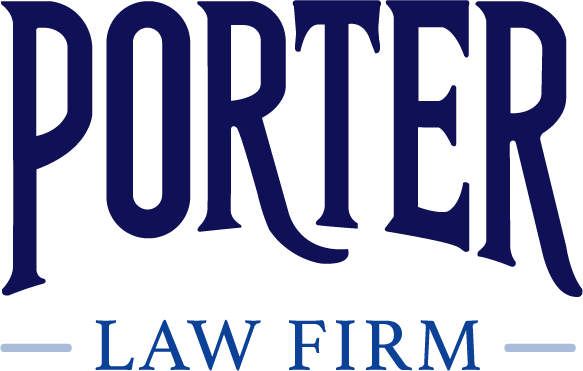Essential Clauses for Effective Business Partnership Agreements
Essential Clauses for Effective Business Partnership Agreements
Business partnerships can offer flexibility, shared resources, and expanded opportunities, but they also carry legal and financial risks if expectations are not clearly defined. A well-drafted partnership agreement establishes an outline for how the business operates, how decisions are made, and how disputes are handled.

Surprise! You Have a $100 Million Trust Fund: The Message at “Trust Reveal” Meetings
Surprise! You Have a $100 Million Trust Fund: The Message at “Trust Reveal” Meetings
Imagine being called into a meeting only to hear the unexpected and mind-blowing revelation—you are the beneficiary of a $100 million trust fund. While it may sound like the plot of a movie, situations like this, known as "trust reveal" meetings, are becoming increasingly common.

DNA Kits & Surprise Heirs: Wreaking Havoc for Families & Their Loved Ones' Estates
DNA Kits & Surprise Heirs: Wreaking Havoc for Families & Their Loved Ones' Estates
The rising popularity of at-home DNA kits has uncovered family secrets, exposed hidden connections, and introduced legal dilemmas for families across the country. While these discoveries can offer exciting insights into one’s genetic heritage, they can also lead to unexpected and sometimes disruptive consequences, particularly in estate planning.

Strategies for Minimizing Estate Taxes Through Trusts
Strategies for Minimizing Estate Taxes Through Trusts
Planning an estate can feel overwhelming. Families often want to provide for their loved ones while protecting assets from significant financial burdens, including estate taxes. It’s normal to feel anxious about how your estate will be distributed or whether your heirs will face unexpected tax liabilities.

What Are the Risks of Not Having a General Power of Attorney?
What Are the Risks of Not Having a General Power of Attorney?
Life can be unpredictable. Illness, accidents, or unexpected situations can strike at any moment, leaving loved ones unprepared to handle financial or legal matters on your behalf. While most people focus on planning for their retirement or protecting their assets, they often overlook the importance of a general power of attorney.

How Do Special Needs Trusts Protect Beneficiaries With Disabilities?
How Do Special Needs Trusts Protect Beneficiaries With Disabilities?
Life can present unique challenges for families caring for loved ones with disabilities. From medical expenses to daily living costs, managing financial resources while protecting a loved one’s access to benefits can feel overwhelming. Families worry about how their loved one will be supported if something happens to them, and want to provide a secure and dignified future.

How Can Business Owners Protect Assets With Proper Legal Structures?
How Can Business Owners Protect Assets With Proper Legal Structures?
Running a business in Charleston, Summerville, Mount Pleasant, or Hilton Head, South Carolina, comes with immense responsibilities. One of the most pressing concerns for business owners is protecting their personal and business assets from unforeseen financial risks, legal disputes, and liability claims.

Key Considerations for Drafting a Revocable Trust
Key Considerations for Drafting a Revocable Trust
Drafting a revocable trust requires careful thought, from selecting trustees to planning for tax implications. Taking the time to understand the key considerations can prevent misunderstandings and help you create a trust that truly reflects your wishes.

Critical Elements to Include in a Comprehensive Estate Plan
Critical Elements to Include in a Comprehensive Estate Plan
An estate plan isn’t just about distributing assets—it’s about making sure your wishes are honored, your family is cared for, and your affairs are handled efficiently if something happens to you.

What Assets Can and Cannot Be Placed in a Revocable Trust?
What Assets Can and Cannot Be Placed in a Revocable Trust?
Revocable trusts are powerful tools in estate planning. They allow you to manage your assets during your lifetime and provide a seamless way to transfer those assets after your death, all while avoiding probate. But not every asset should—or can—go into a revocable trust.

